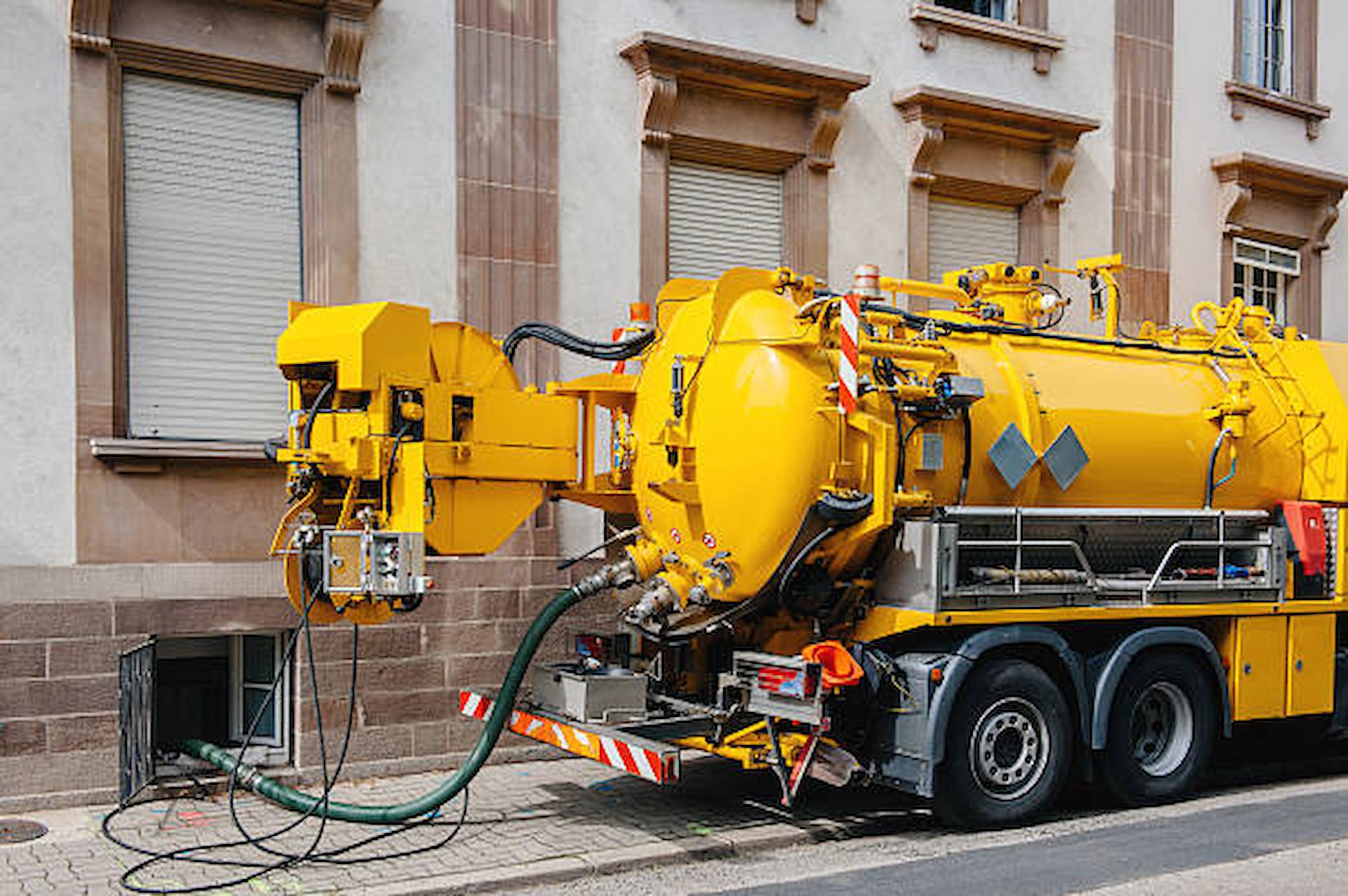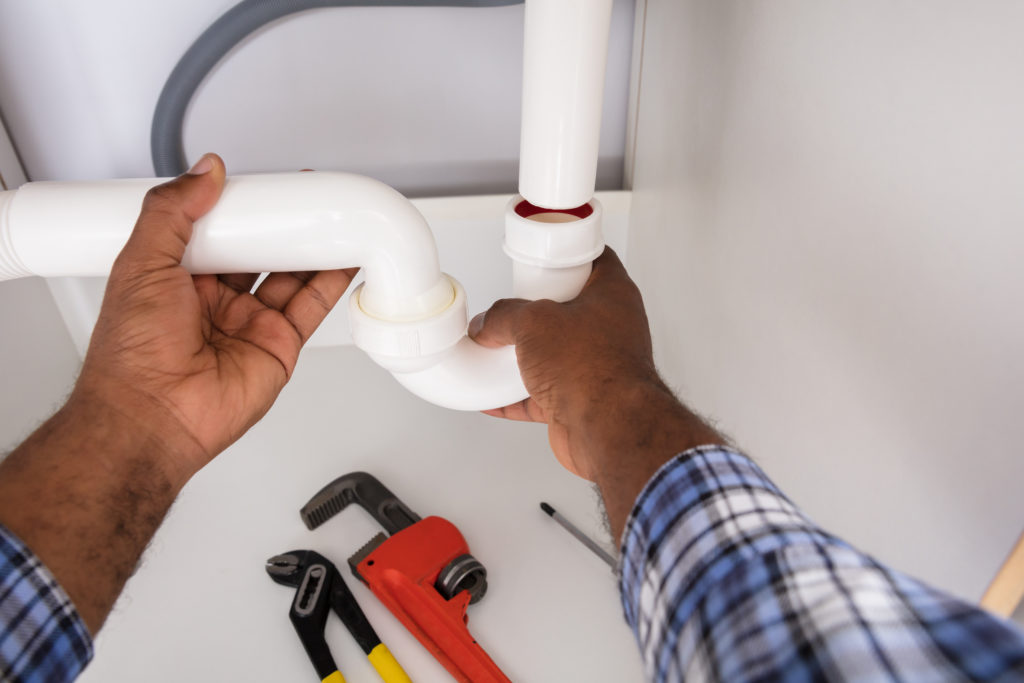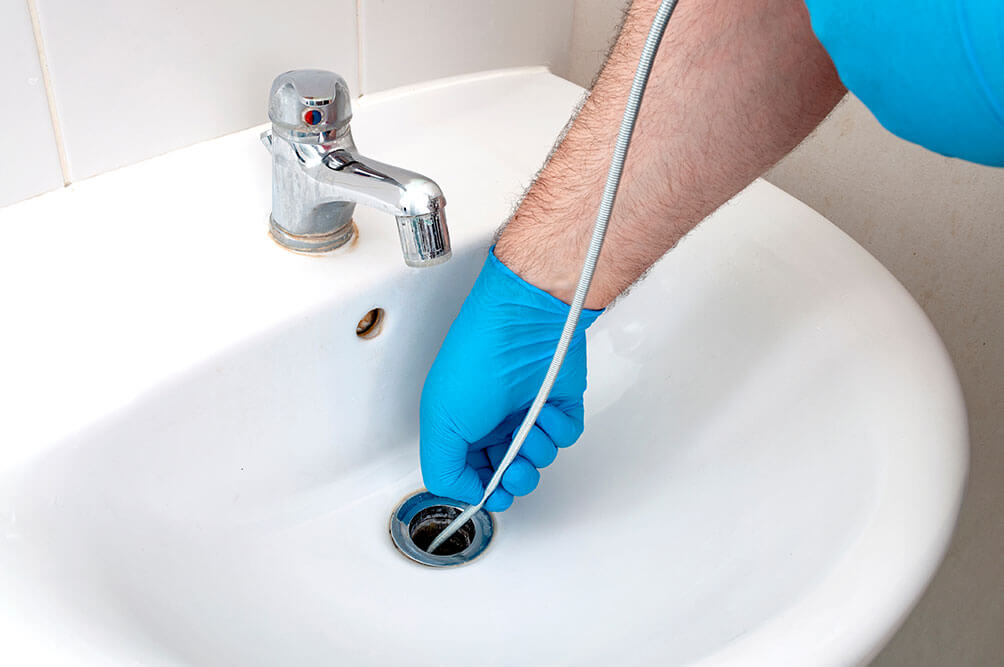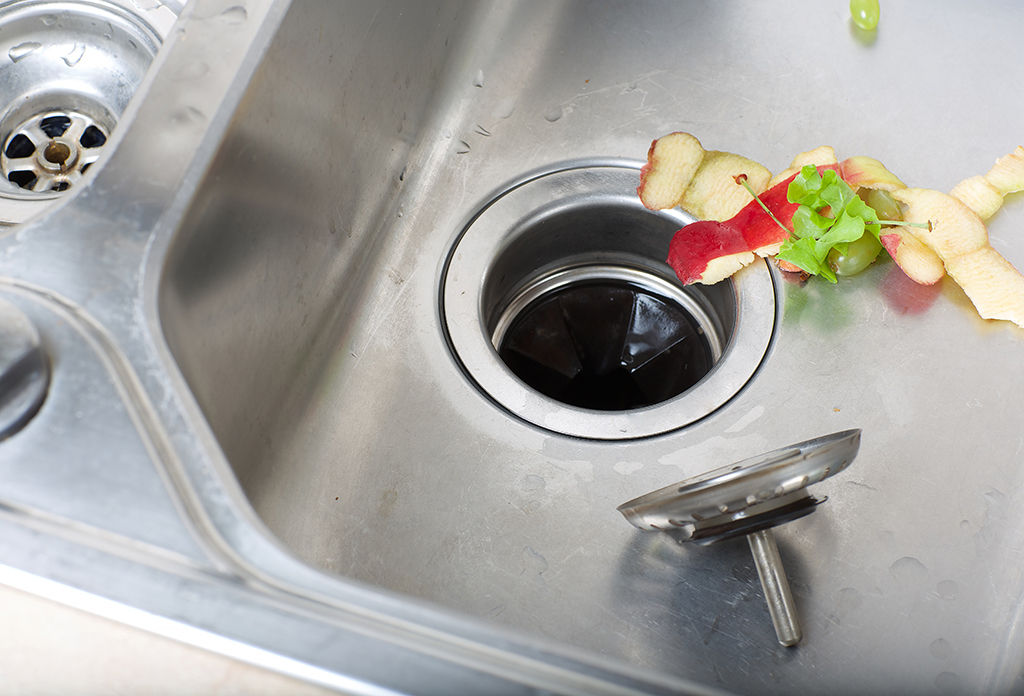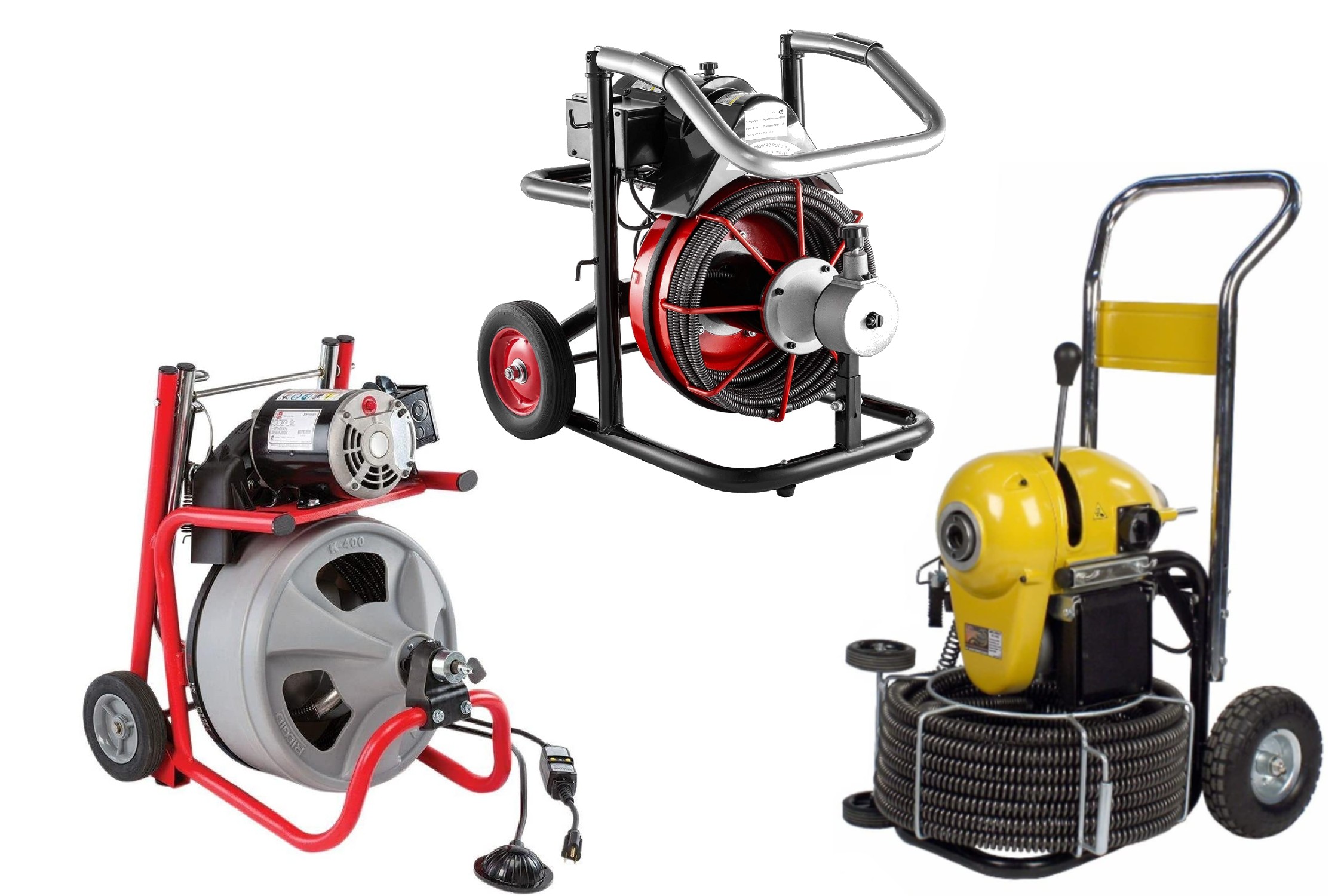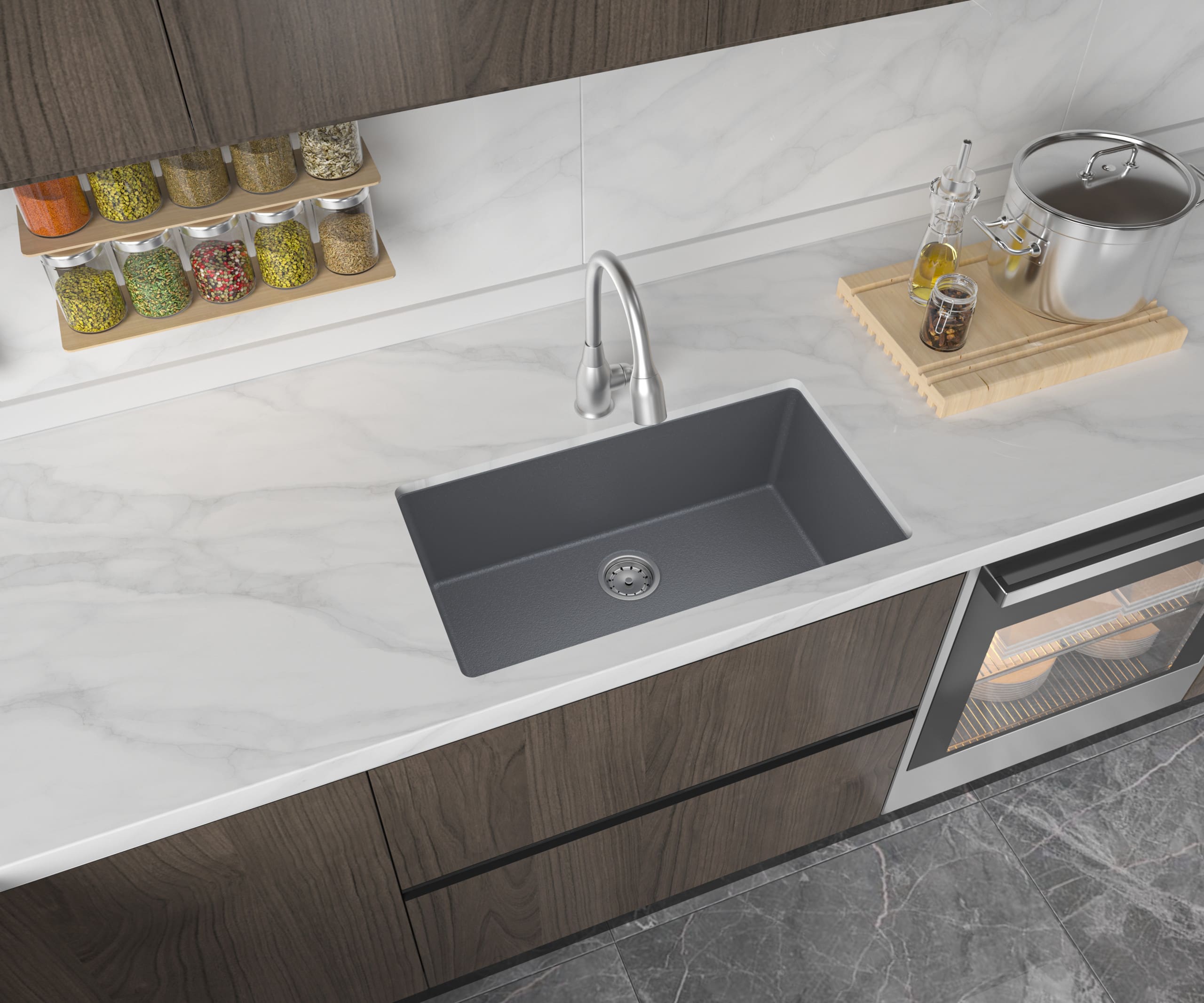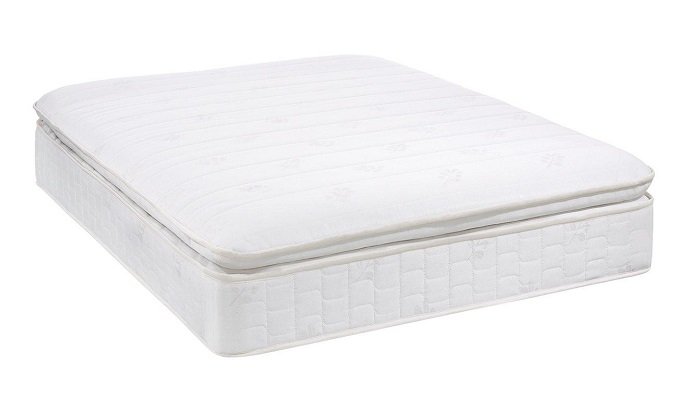1. How to Clean Kitchen Sink Drains
Keeping your kitchen sink drains clean is an important part of maintaining a hygienic and functional kitchen. Over time, food particles, grease, and other debris can build up in your sink drains, leading to clogs and unpleasant odors. To avoid these issues, it's important to regularly clean your kitchen sink drains. Here are some simple steps to follow:
Step 1: Remove any visible debris from the drain, such as food scraps or hair. You can use a pair of tongs or a small brush to help with this task.
Step 2: Pour a pot of boiling water down the drain to help loosen and flush away any remaining debris.
Step 3: Mix together equal parts baking soda and vinegar and pour it down the drain. The mixture will create a foaming action that will help break down any remaining residue in the drain.
Step 4: Let the mixture sit in the drain for about 15 minutes, then pour another pot of boiling water down the drain to flush it out.
Step 5: If your sink still has a lingering odor, you can pour a cup of lemon juice down the drain and let it sit for 30 minutes before flushing with hot water.
2. Best Ways to Unclog a Kitchen Sink Drain
A clogged kitchen sink drain can be a major inconvenience, but there are several effective ways to unclog it without having to call a plumber. Here are some of the best methods:
Plunger: A plunger can be a great tool for unclogging a kitchen sink drain. Make sure to cover the overflow drain with a wet cloth or tape to create a strong seal, then plunge vigorously up and down to dislodge the clog.
Baking Soda and Vinegar: This natural combination can work wonders on clogs. Pour half a cup of baking soda down the drain, followed by half a cup of vinegar. Let it sit for 15 minutes, then flush with hot water.
Boiling Water and Dish Soap: This method is best for grease clogs. Pour a pot of boiling water down the drain, followed by a few tablespoons of dish soap. The soap will help dissolve the grease and the boiling water will flush it away.
Snake Auger: For tougher clogs, a snake auger can be used to manually break up and remove the blockage. This tool can be purchased at most hardware stores and is relatively easy to use.
3. DIY Natural Drain Cleaner for Kitchen Sinks
If you prefer to use natural products to clean your kitchen sink drains, here is a simple recipe for a homemade drain cleaner:
Ingredients:
4. Tips for Preventing Clogged Kitchen Sink Drains
The best way to deal with clogged kitchen sink drains is to prevent them from happening in the first place. Here are some simple tips to follow:
5. How to Use a Plunger to Unclog a Kitchen Sink Drain
A plunger can be a useful tool for unclogging a kitchen sink drain, but it's important to use it correctly. Here's how:
Step 1: Cover the overflow drain with a wet cloth or tape.
Step 2: Fill the sink with enough water to cover the plunger.
Step 3: Place the plunger over the drain and push down firmly, then pull up quickly. Repeat this motion several times until the clog is dislodged.
Step 4: Once the water starts to drain, remove the plunger and run hot water down the drain to flush away any remaining debris.
6. The Importance of Regularly Cleaning Kitchen Sink Drains
Regularly cleaning your kitchen sink drains is an important part of maintaining a functional and hygienic kitchen. Not only does it prevent clogs and unpleasant odors, but it also helps to reduce the risk of bacteria and mold growth. By following the simple cleaning methods mentioned above, you can ensure that your kitchen sink drains stay clean and in good working condition.
7. How to Remove and Clean a Kitchen Sink Drain Trap
The drain trap is the U-shaped pipe located under your kitchen sink that helps prevent sewer gases from entering your home. Over time, this trap can become clogged with debris, leading to slow draining and unpleasant odors. Here's how to remove and clean the drain trap:
Step 1: Place a bucket under the drain trap to catch any water or debris that may come out.
Step 2: Use a pair of pliers to loosen the nuts on either side of the trap and remove it from the pipe.
Step 3: Clean the trap by scraping out any visible debris and washing it with hot, soapy water.
Step 4: Reattach the trap and tighten the nuts securely.
8. Common Causes of Kitchen Sink Drain Clogs
Understanding the common causes of kitchen sink drain clogs can help you prevent them from happening in the future. Here are some of the most common culprits:
9. Using Baking Soda and Vinegar to Clean Kitchen Sink Drains
Baking soda and vinegar are a powerful combination when it comes to cleaning kitchen sink drains. The foaming action created by these two natural ingredients helps break down and dissolve any stubborn buildup in the pipes. Regularly cleaning your drains with baking soda and vinegar can help prevent clogs and keep your kitchen smelling fresh.
10. Professional Drain Cleaning Services for Kitchen Sinks
If you're dealing with stubborn clogs or persistent odors in your kitchen sink drains, it may be time to call in the professionals. A drain cleaning service can use specialized tools and techniques to thoroughly clean your drains and remove any stubborn clogs. This can help restore the proper flow of water and eliminate any unpleasant smells in your kitchen.
In conclusion, regular maintenance and cleaning of your kitchen sink drains is essential for a functional and hygienic kitchen. By following these tips and utilizing natural cleaning methods, you can keep your drains clean and clear without the use of harsh chemicals. However, if you encounter severe clogs or persistent odors, it's best to seek professional assistance to ensure the issue is properly resolved.
Cleaning Kitchen Sink Drains: A Vital Step in Maintaining a Clean and Functional Kitchen

The Importance of Keeping Your Kitchen Sink Drains Clean
:max_bytes(150000):strip_icc()/freshen-and-unclog-drain-with-baking-soda-1900466-22-bbf940b70afa4d5abef0c54da23b1d3f.jpg) The kitchen sink is one of the most heavily used areas in a home, making it prone to getting dirty and clogged. As such, maintaining a clean and functional kitchen sink is crucial for a hygienic and efficient household. One of the key components of a clean sink is ensuring that the drains are regularly cleaned.
Kitchen sink drains
are responsible for carrying out the dirty water and food debris, and if not cleaned properly, can lead to unpleasant odors, slow draining, and even clogs. Therefore, it is essential to incorporate cleaning kitchen sink drains as part of your regular household cleaning routine.
The kitchen sink is one of the most heavily used areas in a home, making it prone to getting dirty and clogged. As such, maintaining a clean and functional kitchen sink is crucial for a hygienic and efficient household. One of the key components of a clean sink is ensuring that the drains are regularly cleaned.
Kitchen sink drains
are responsible for carrying out the dirty water and food debris, and if not cleaned properly, can lead to unpleasant odors, slow draining, and even clogs. Therefore, it is essential to incorporate cleaning kitchen sink drains as part of your regular household cleaning routine.
The Risks of Neglecting Kitchen Sink Drain Cleaning
 Neglecting to clean your
kitchen sink drains
can have several negative consequences. The accumulation of food debris, grease, and other substances can not only cause unpleasant odors but also attract pests and bacteria. This can lead to potential health hazards for you and your family. Additionally, clogged drains can cause water to back up and overflow, resulting in water damage to your kitchen and surrounding areas. This can be both costly and time-consuming to fix. By regularly cleaning your kitchen sink drains, you can prevent these risks and keep your kitchen functioning smoothly.
Neglecting to clean your
kitchen sink drains
can have several negative consequences. The accumulation of food debris, grease, and other substances can not only cause unpleasant odors but also attract pests and bacteria. This can lead to potential health hazards for you and your family. Additionally, clogged drains can cause water to back up and overflow, resulting in water damage to your kitchen and surrounding areas. This can be both costly and time-consuming to fix. By regularly cleaning your kitchen sink drains, you can prevent these risks and keep your kitchen functioning smoothly.
How to Clean Kitchen Sink Drains
 Cleaning
kitchen sink drains
may seem like a daunting task, but it is actually a simple and quick process. Here are some steps to follow to ensure you have a clean and well-functioning drain:
1. Remove any visible debris:
Start by removing any visible debris such as food scraps, hair, or soap scum from the drain. Use a pair of gloves and a paper towel to remove any large chunks.
2. Pour boiling water down the drain:
Boil a pot of water and carefully pour it down the drain. The hot water will help break down any remaining debris and flush it out.
3. Use a homemade cleaning solution:
For a natural and effective cleaning solution, mix equal parts of baking soda and vinegar. Pour the mixture down the drain and let it sit for 5-10 minutes. The combination of baking soda and vinegar will create a chemical reaction that helps break down any stubborn residue.
4. Rinse with hot water:
After the solution has had time to work, rinse the drain with hot water again to flush out any remaining debris.
5. Use a drain snake:
If your drain is still clogged, consider using a drain snake to remove any blockages. Simply insert the snake into the drain and move it back and forth to dislodge any debris.
Cleaning
kitchen sink drains
may seem like a daunting task, but it is actually a simple and quick process. Here are some steps to follow to ensure you have a clean and well-functioning drain:
1. Remove any visible debris:
Start by removing any visible debris such as food scraps, hair, or soap scum from the drain. Use a pair of gloves and a paper towel to remove any large chunks.
2. Pour boiling water down the drain:
Boil a pot of water and carefully pour it down the drain. The hot water will help break down any remaining debris and flush it out.
3. Use a homemade cleaning solution:
For a natural and effective cleaning solution, mix equal parts of baking soda and vinegar. Pour the mixture down the drain and let it sit for 5-10 minutes. The combination of baking soda and vinegar will create a chemical reaction that helps break down any stubborn residue.
4. Rinse with hot water:
After the solution has had time to work, rinse the drain with hot water again to flush out any remaining debris.
5. Use a drain snake:
If your drain is still clogged, consider using a drain snake to remove any blockages. Simply insert the snake into the drain and move it back and forth to dislodge any debris.
Regular Maintenance is Key
:max_bytes(150000):strip_icc()/freshen-and-unclog-drain-with-baking-soda-1900466-17-20179d73b7a2455797ebc6a5f5bf7479.jpg) To ensure that your kitchen sink drains remain clean and functional, it is important to incorporate regular maintenance. This includes cleaning out visible debris after each use, running hot water down the drain after each use, and deep cleaning the drains at least once a month. By following these simple steps, you can prevent clogs and keep your kitchen sink smelling fresh and functioning properly.
In conclusion,
cleaning kitchen sink drains
is a vital step in maintaining a clean and functional kitchen. Neglecting to clean your drains can lead to unpleasant odors, clogs, and potential health hazards. By following the steps outlined above, you can easily keep your kitchen sink drains clean and prevent any potential problems. Remember, regular maintenance is key to a well-functioning and hygienic kitchen sink.
To ensure that your kitchen sink drains remain clean and functional, it is important to incorporate regular maintenance. This includes cleaning out visible debris after each use, running hot water down the drain after each use, and deep cleaning the drains at least once a month. By following these simple steps, you can prevent clogs and keep your kitchen sink smelling fresh and functioning properly.
In conclusion,
cleaning kitchen sink drains
is a vital step in maintaining a clean and functional kitchen. Neglecting to clean your drains can lead to unpleasant odors, clogs, and potential health hazards. By following the steps outlined above, you can easily keep your kitchen sink drains clean and prevent any potential problems. Remember, regular maintenance is key to a well-functioning and hygienic kitchen sink.

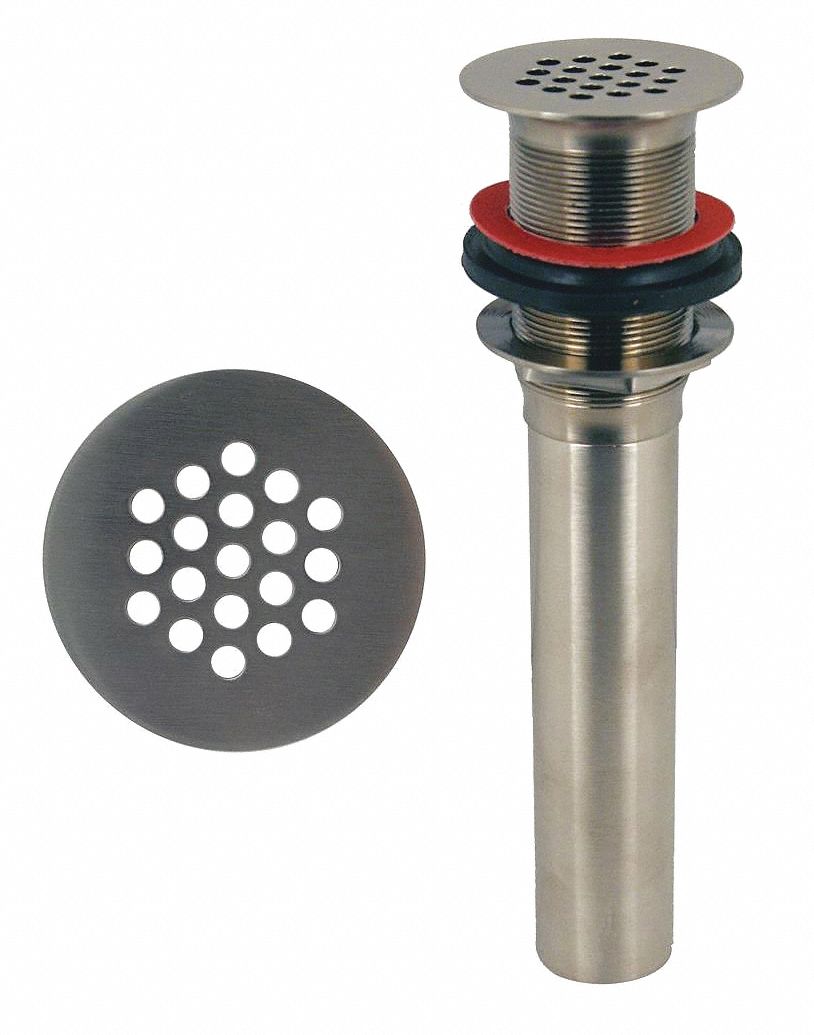

:max_bytes(150000):strip_icc()/how-to-clean-a-kitchen-sink-and-drain-01-5660035-a1d8afe3894346f9a579e66c55e64b7d.jpg)


/how-to-install-a-sink-drain-2718789-hero-b5b99f72b5a24bb2ae8364e60539cece.jpg)
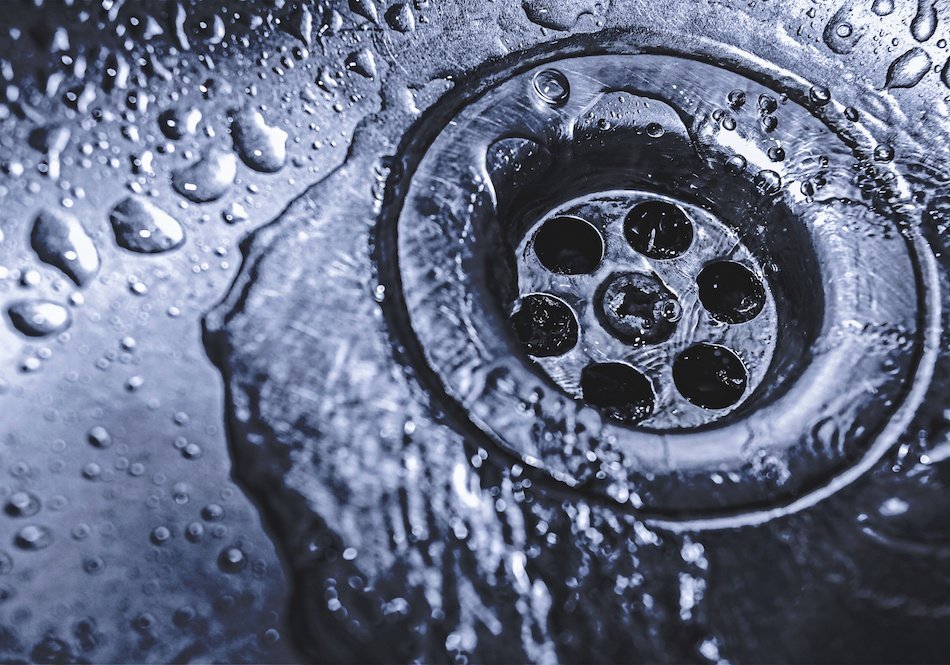

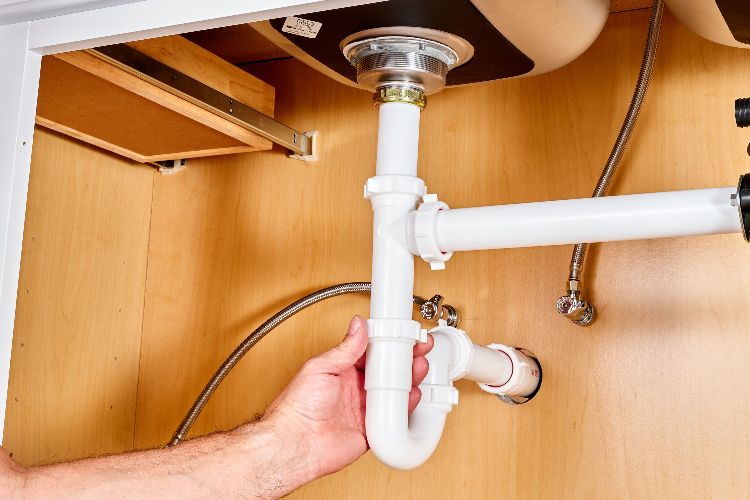






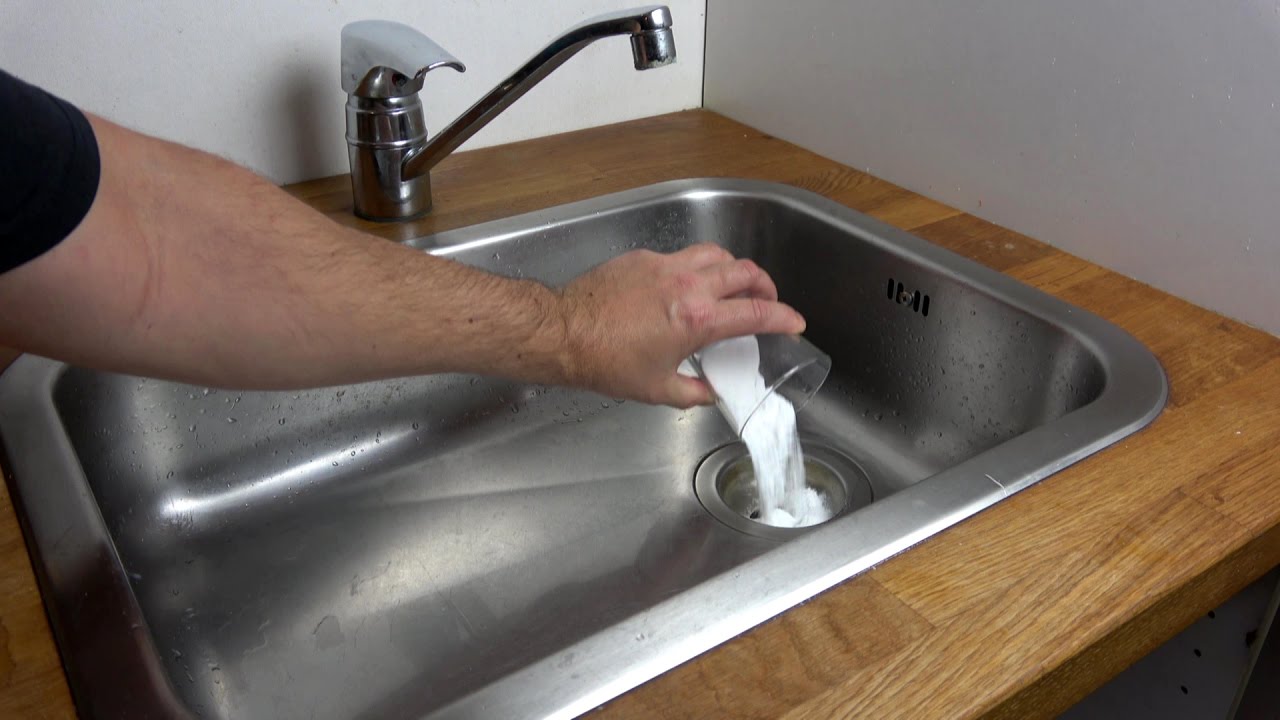





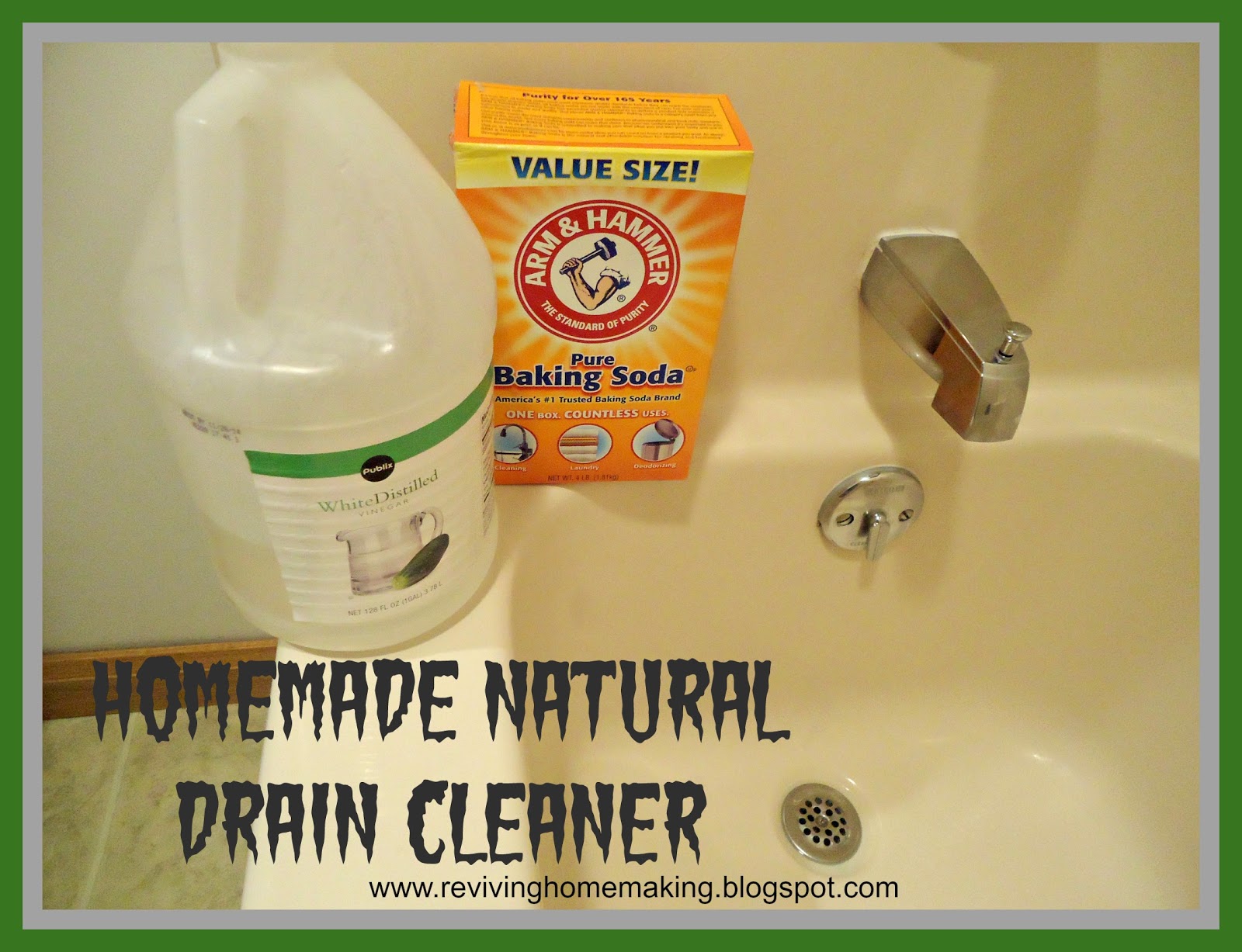
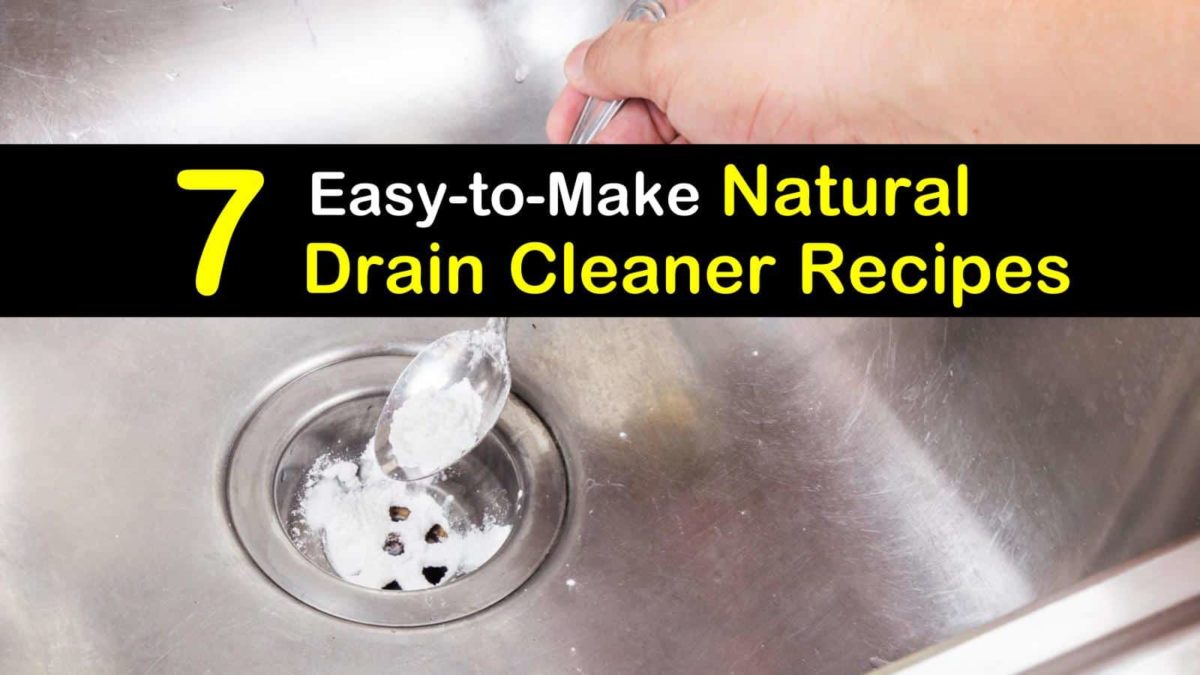
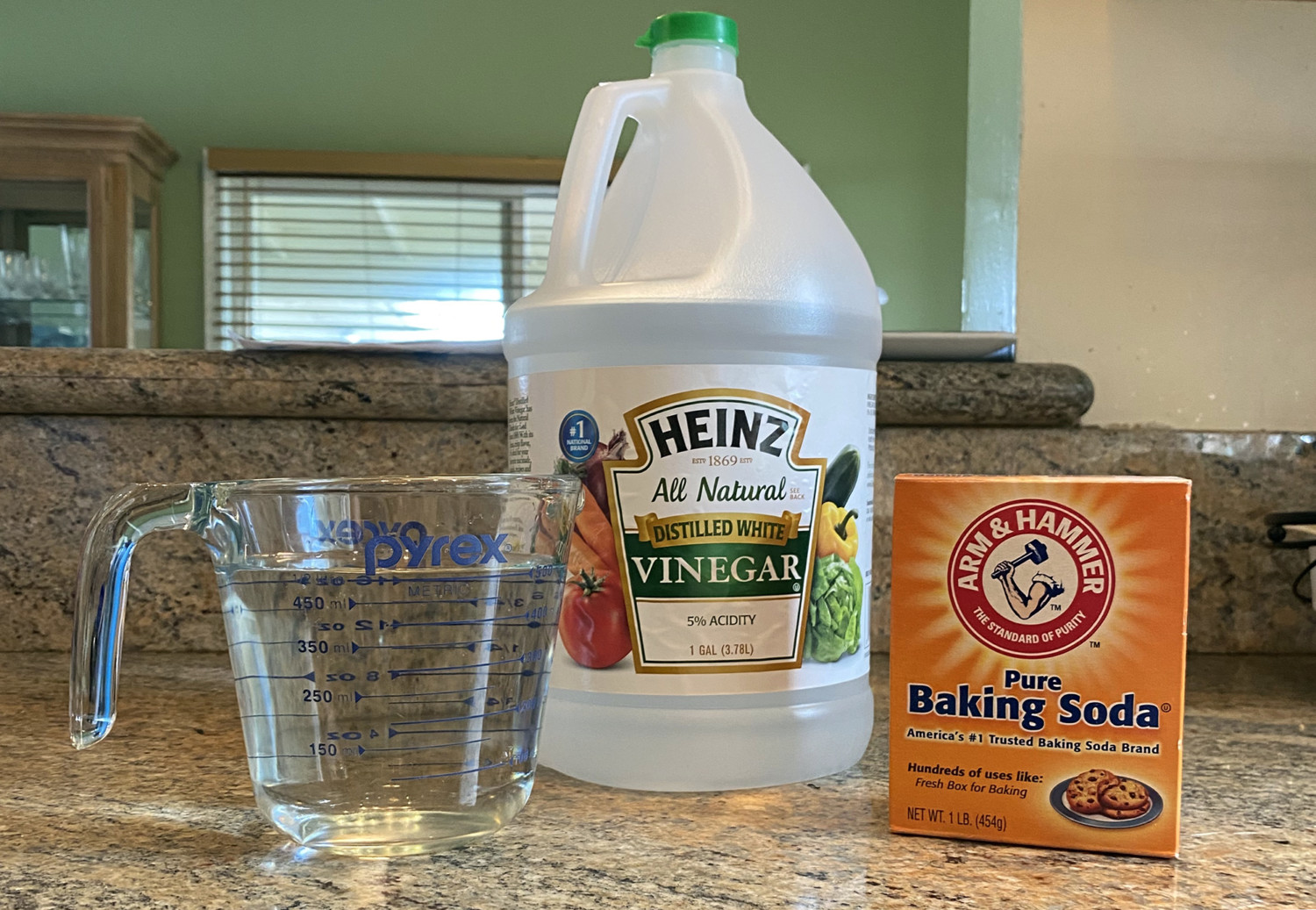
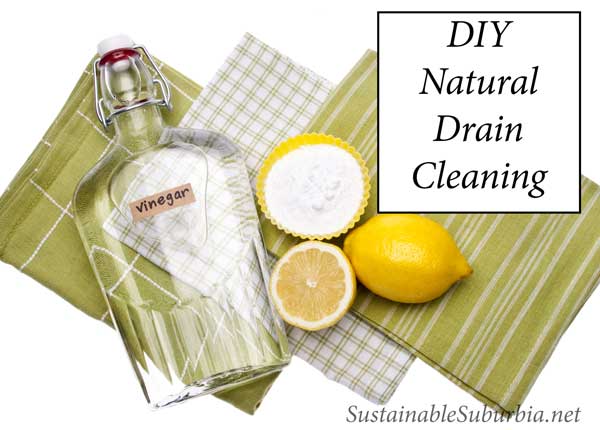

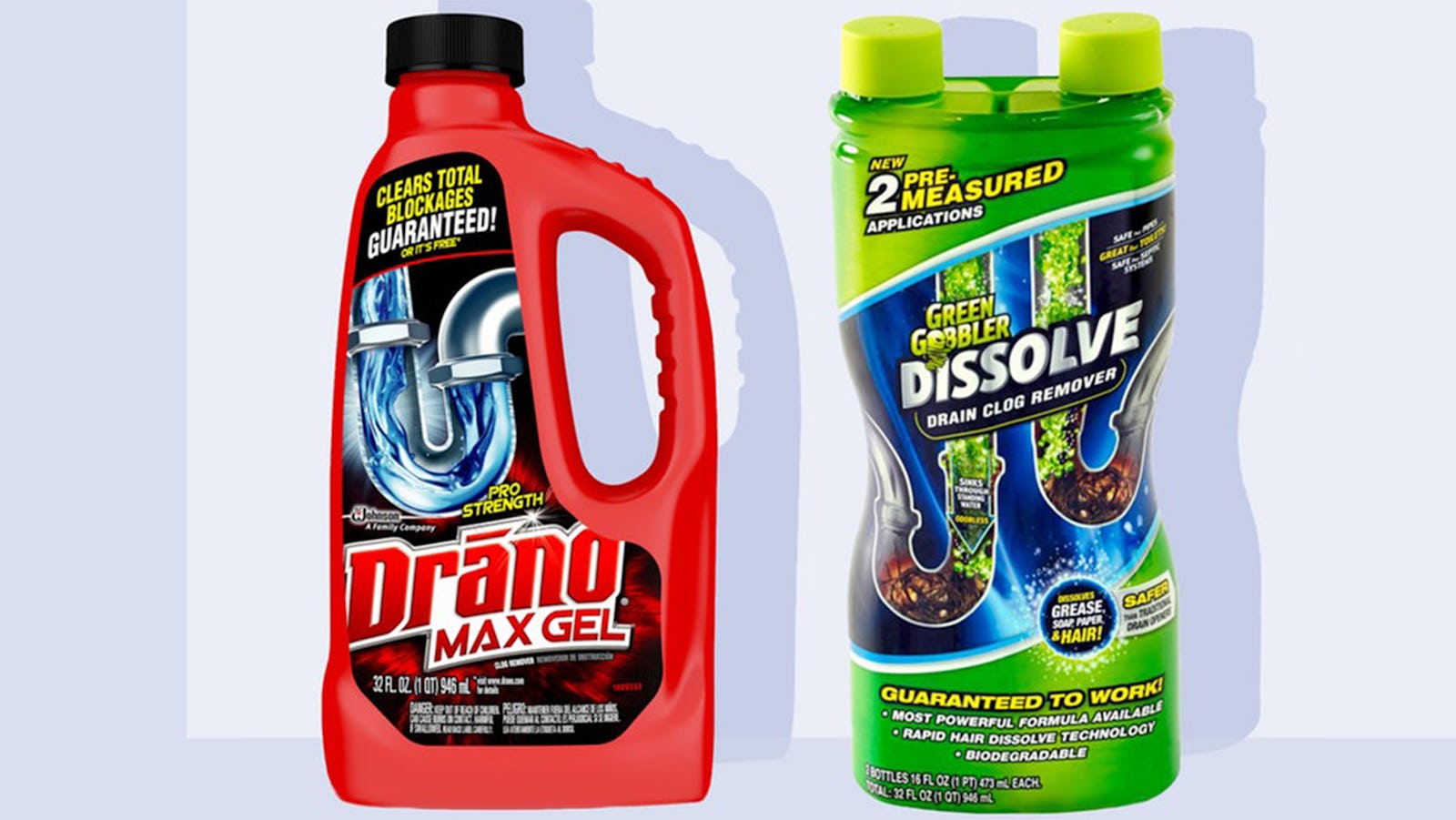
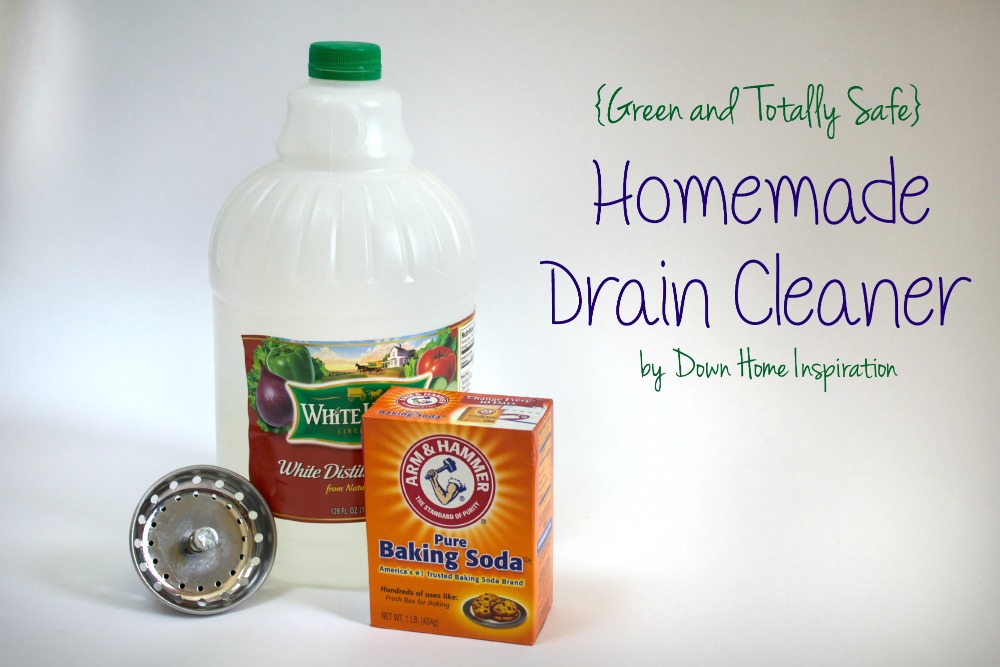





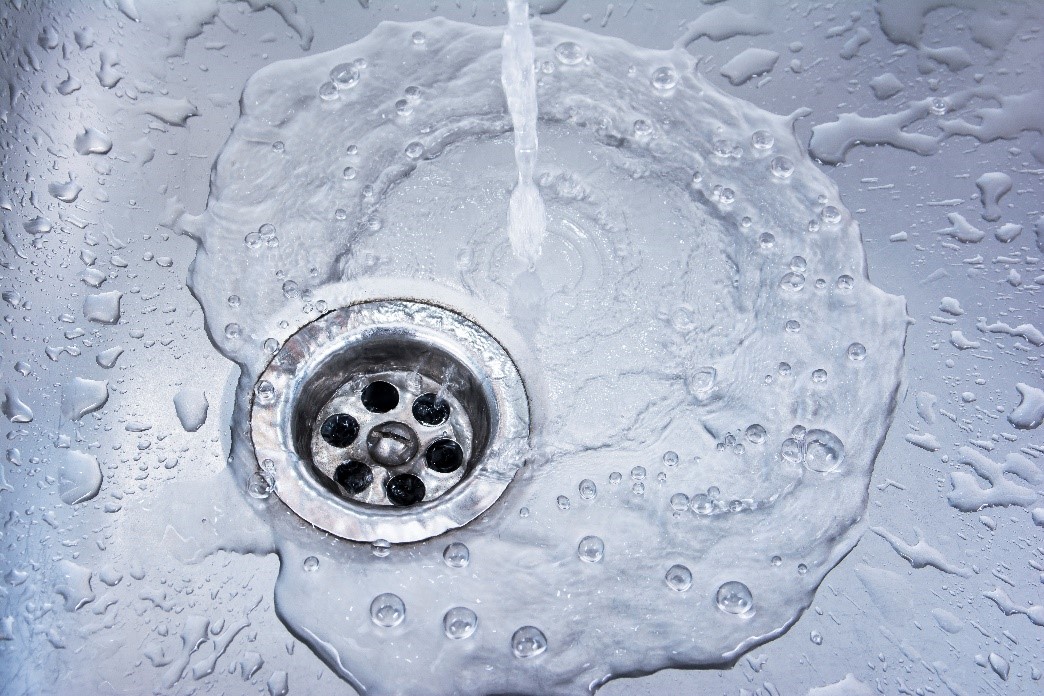









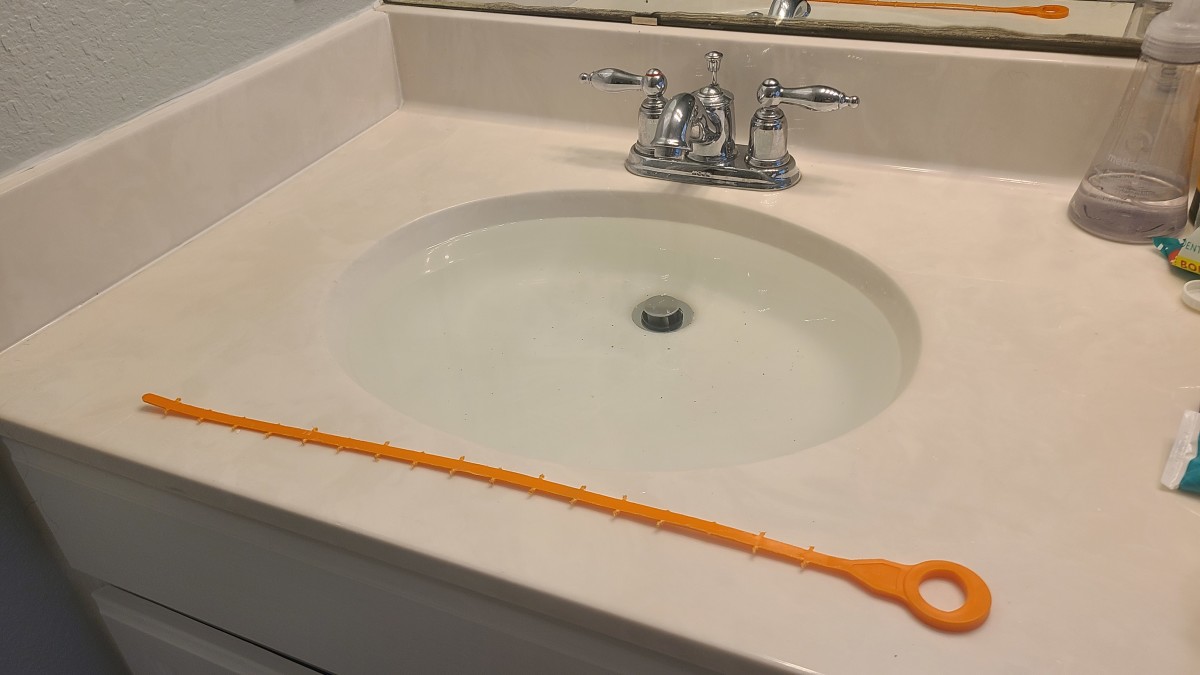


:max_bytes(150000):strip_icc()/unclogging-a-toilet-with-a-plunger-2719030_final_horizontal_10_18-d33deec2a8084e289a5427c6745a0d32.png)

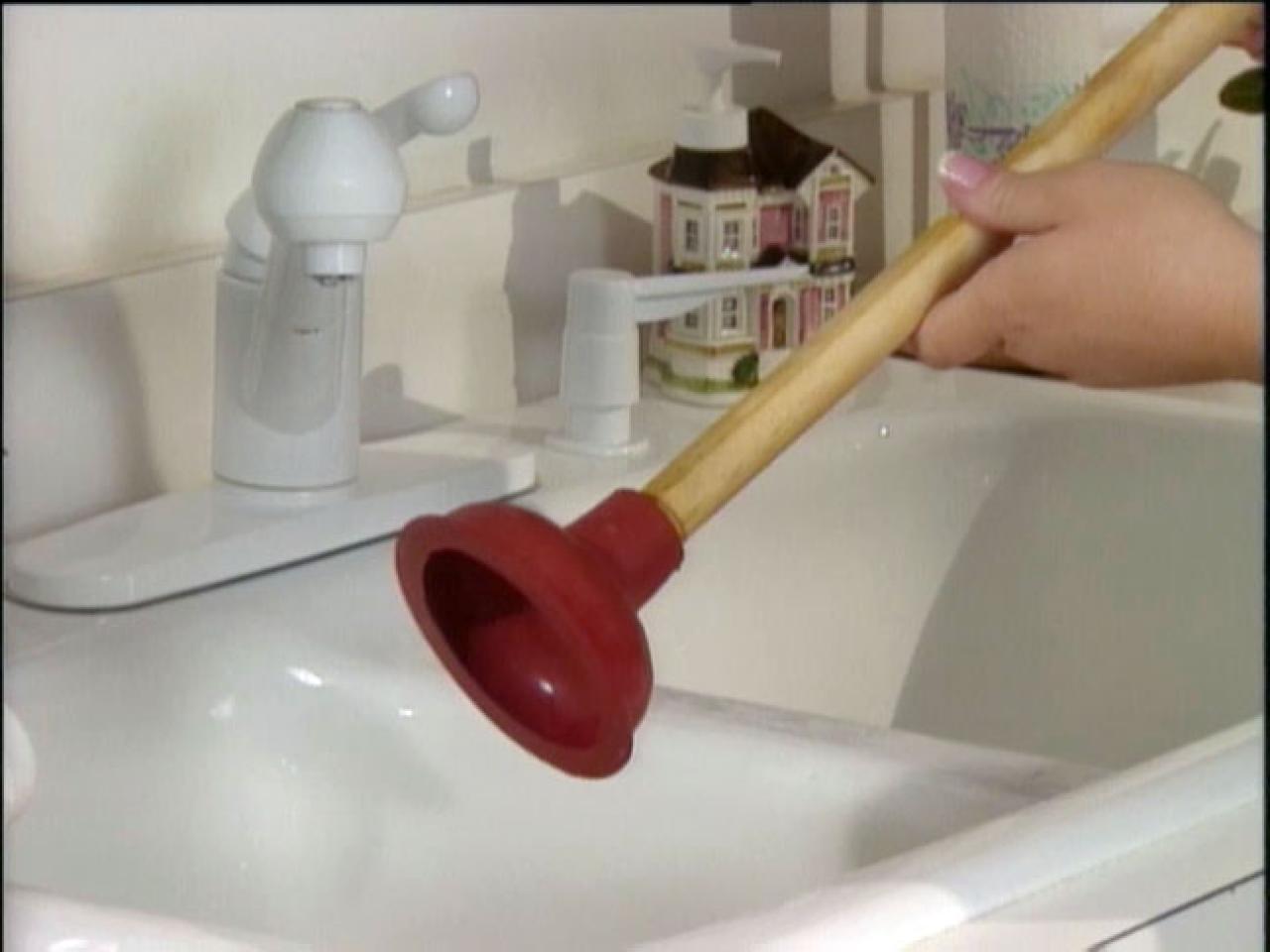





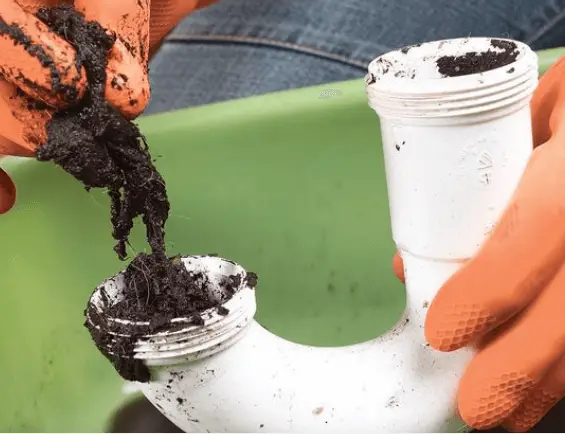

:max_bytes(150000):strip_icc()/how-to-install-a-sink-drain-2718789-hero-24e898006ed94c9593a2a268b57989a3.jpg)

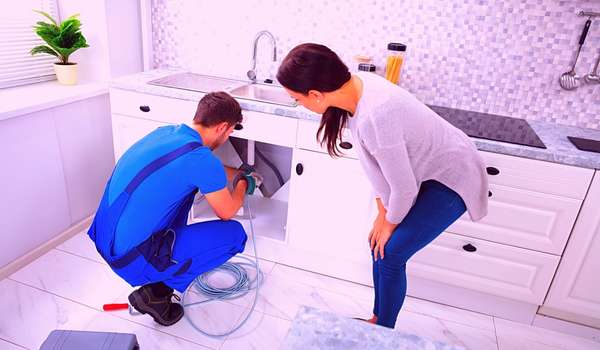

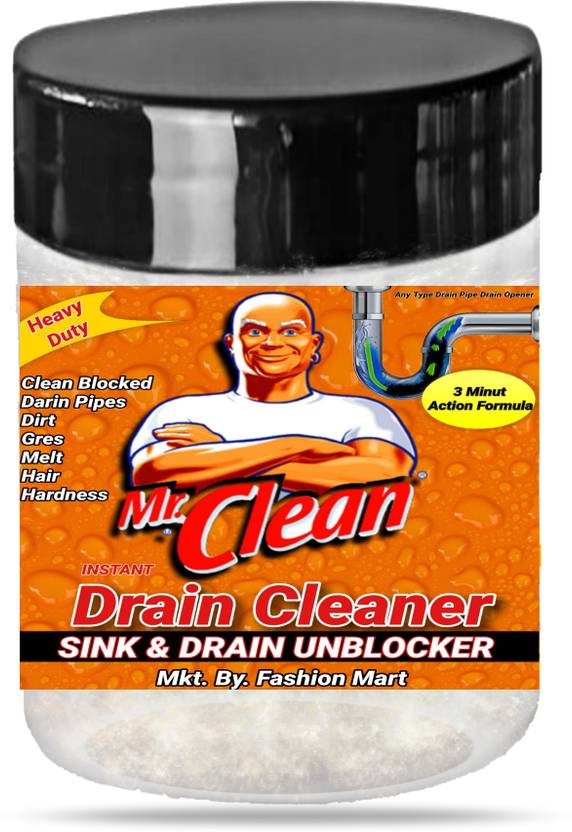


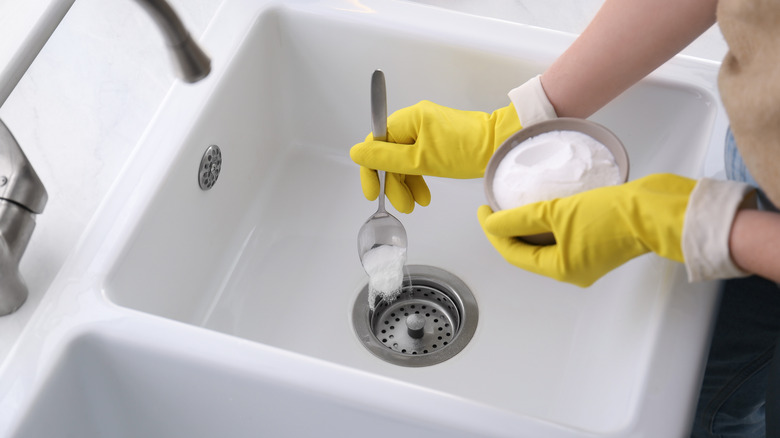
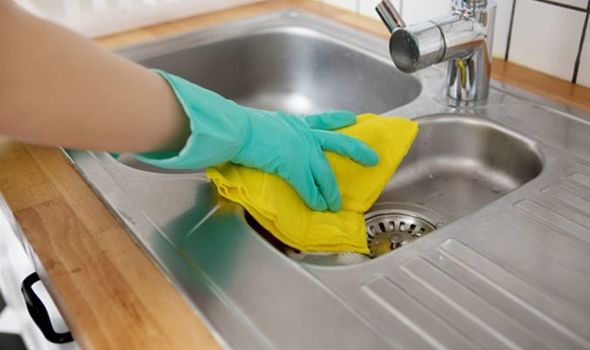

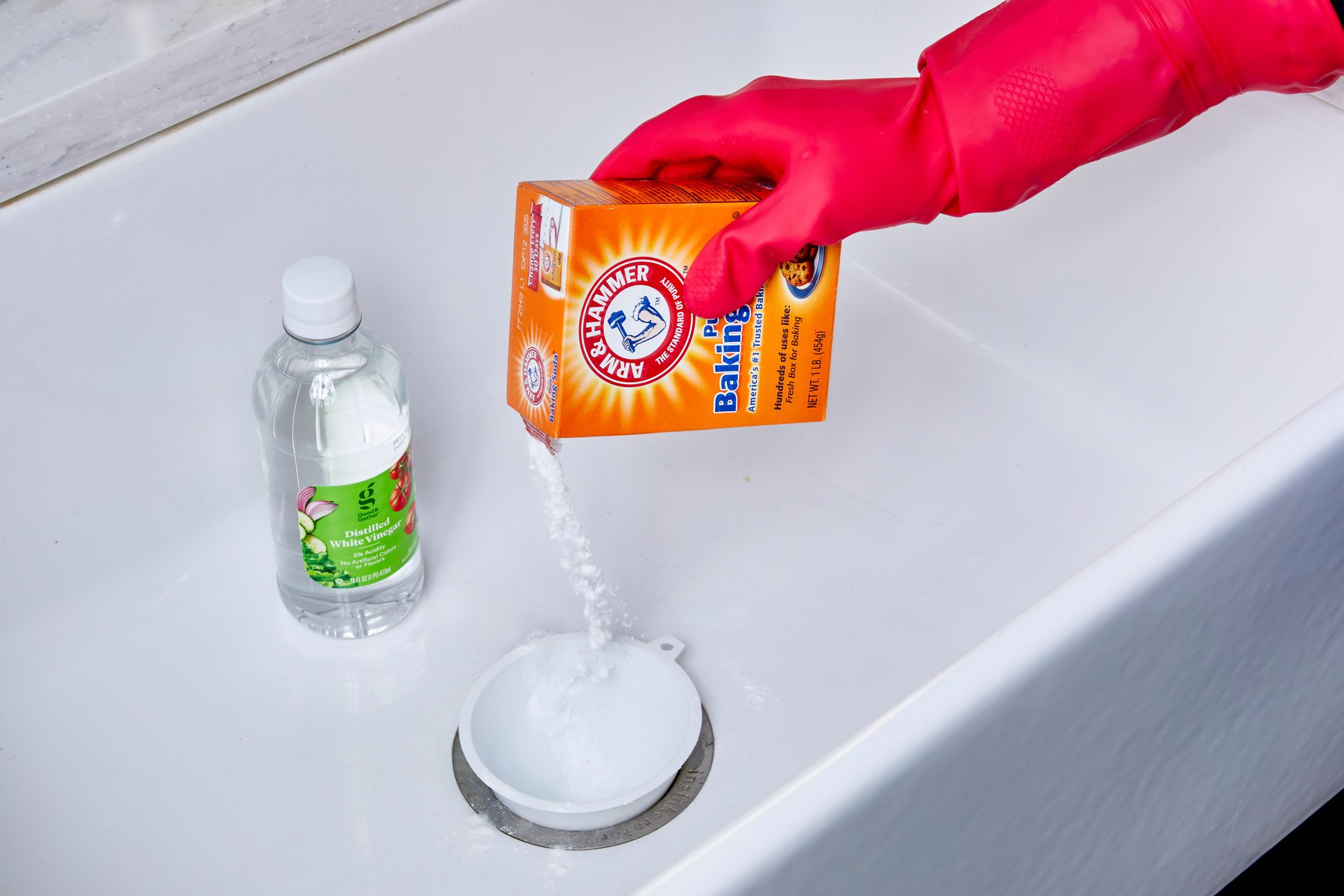


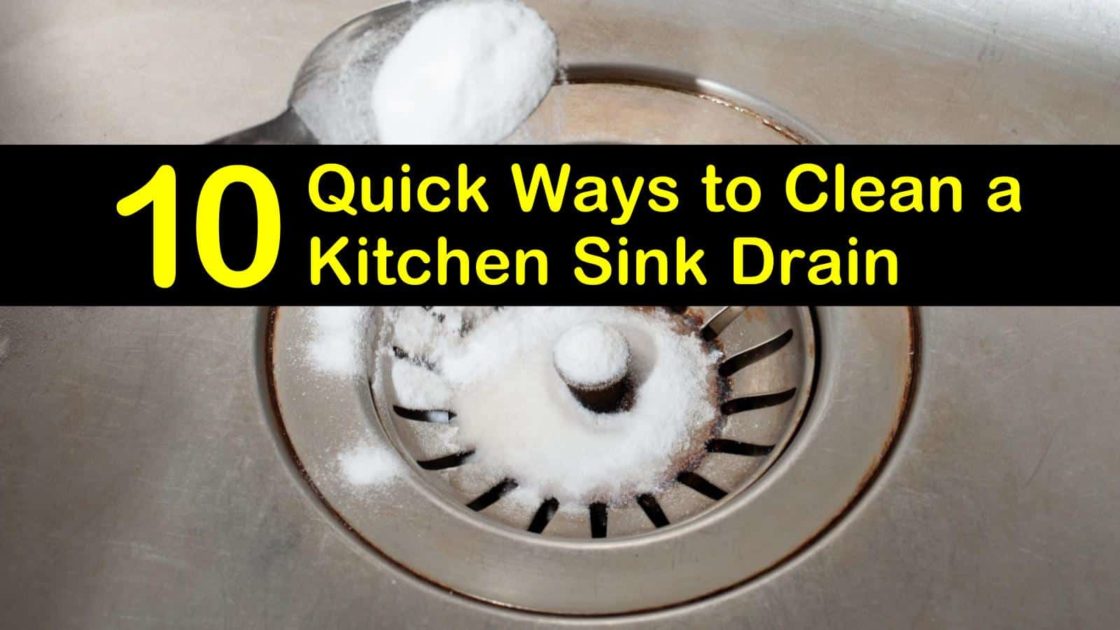
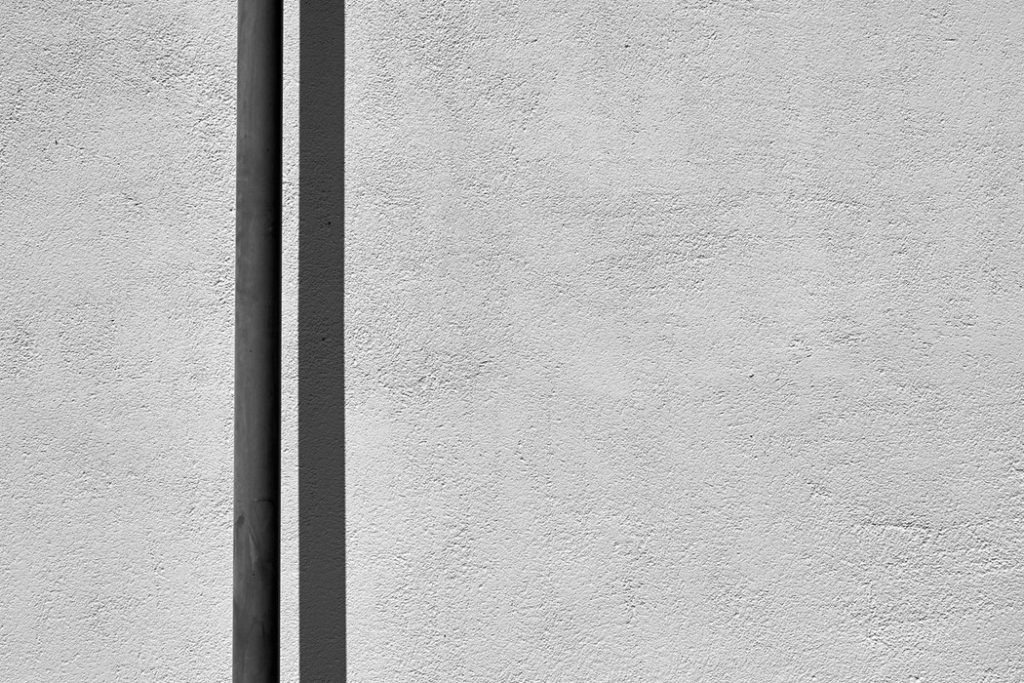
/sink-drain-trap-185105402-5797c5f13df78ceb869154b5.jpg)
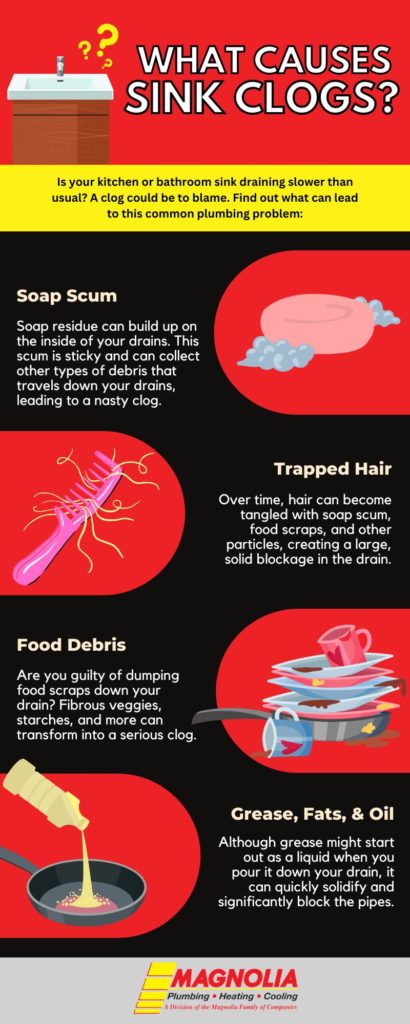
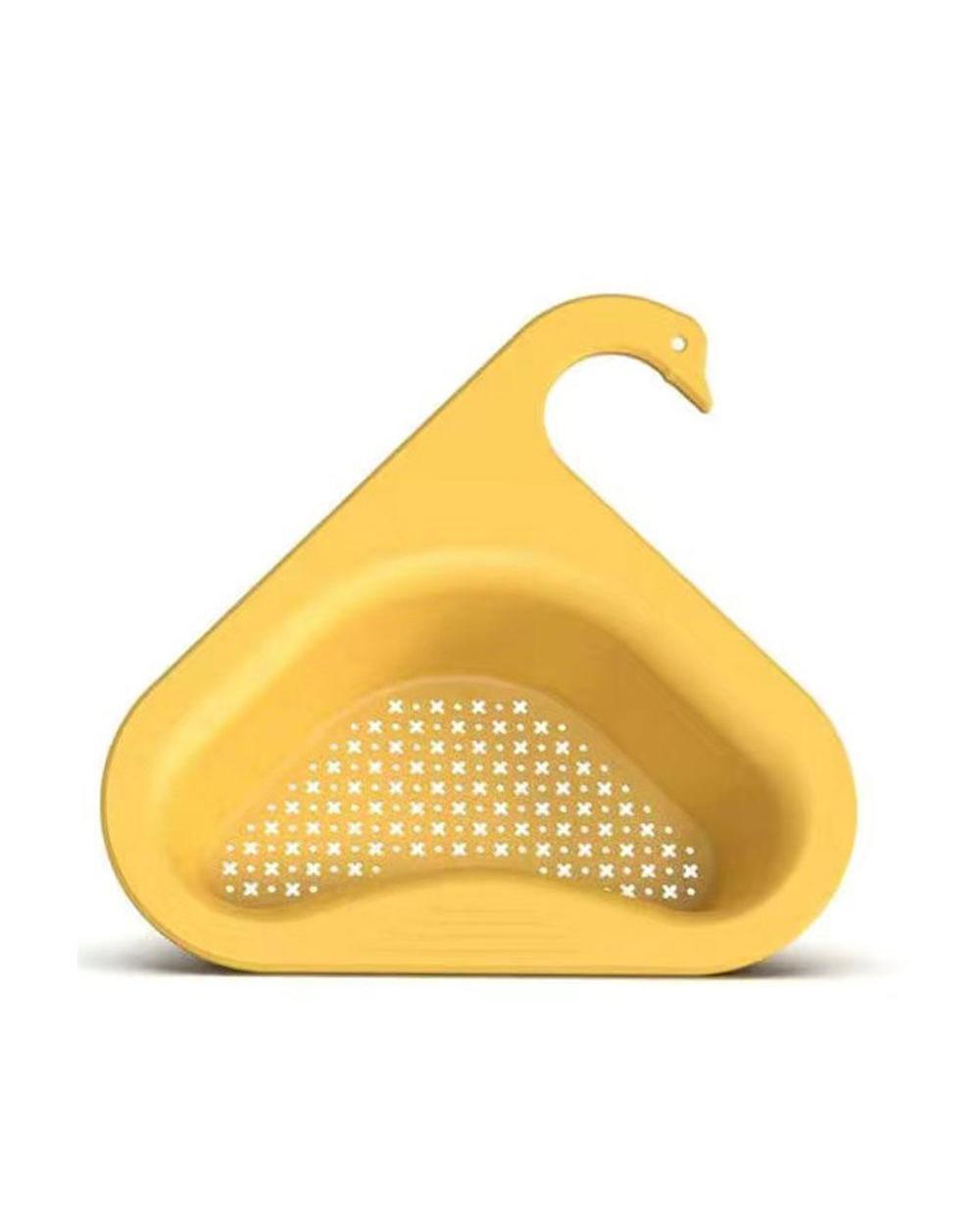









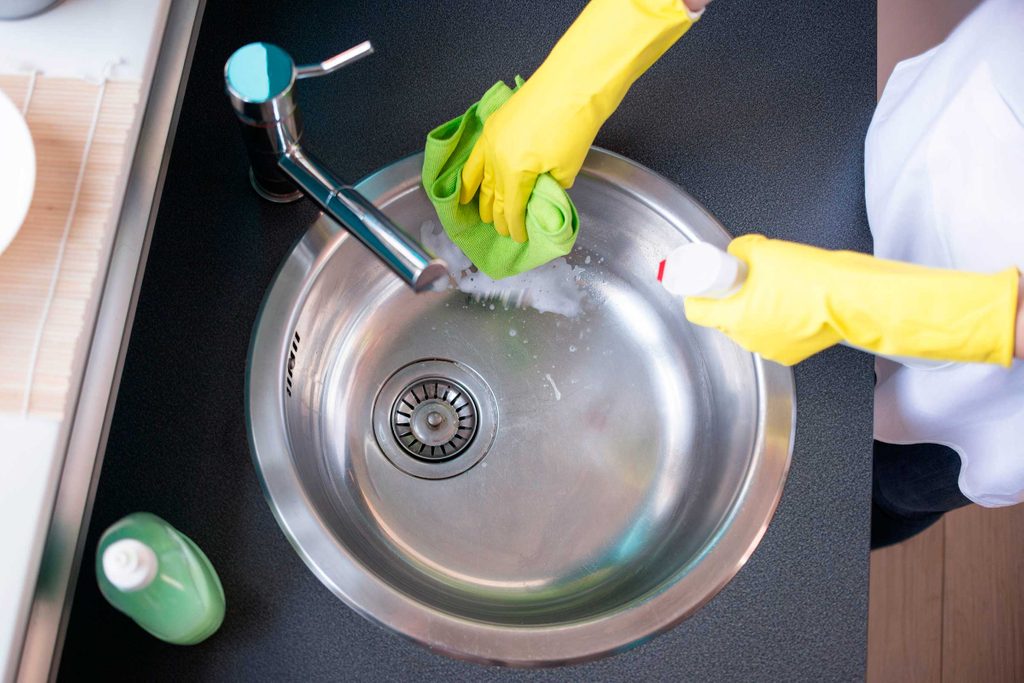
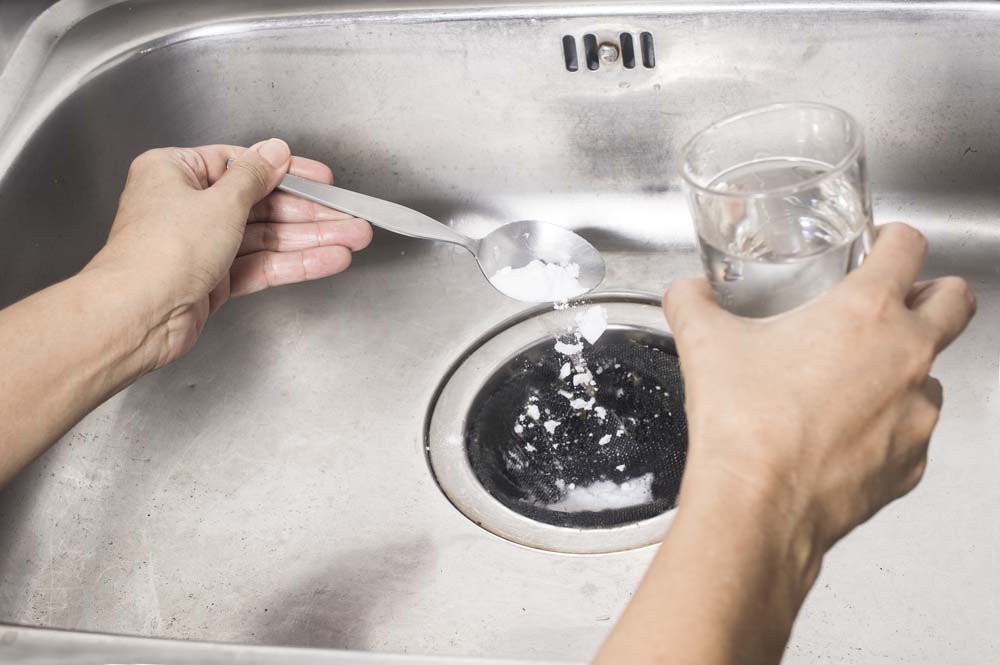


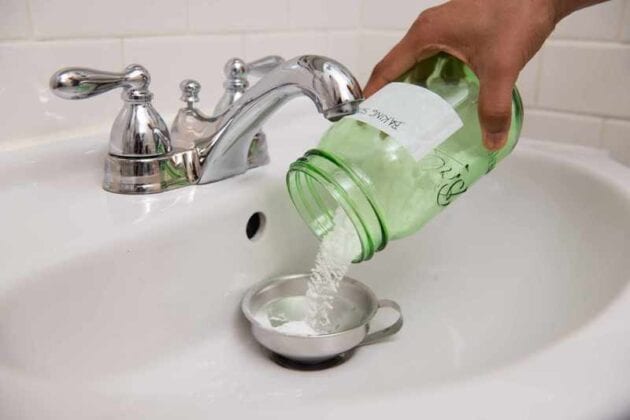
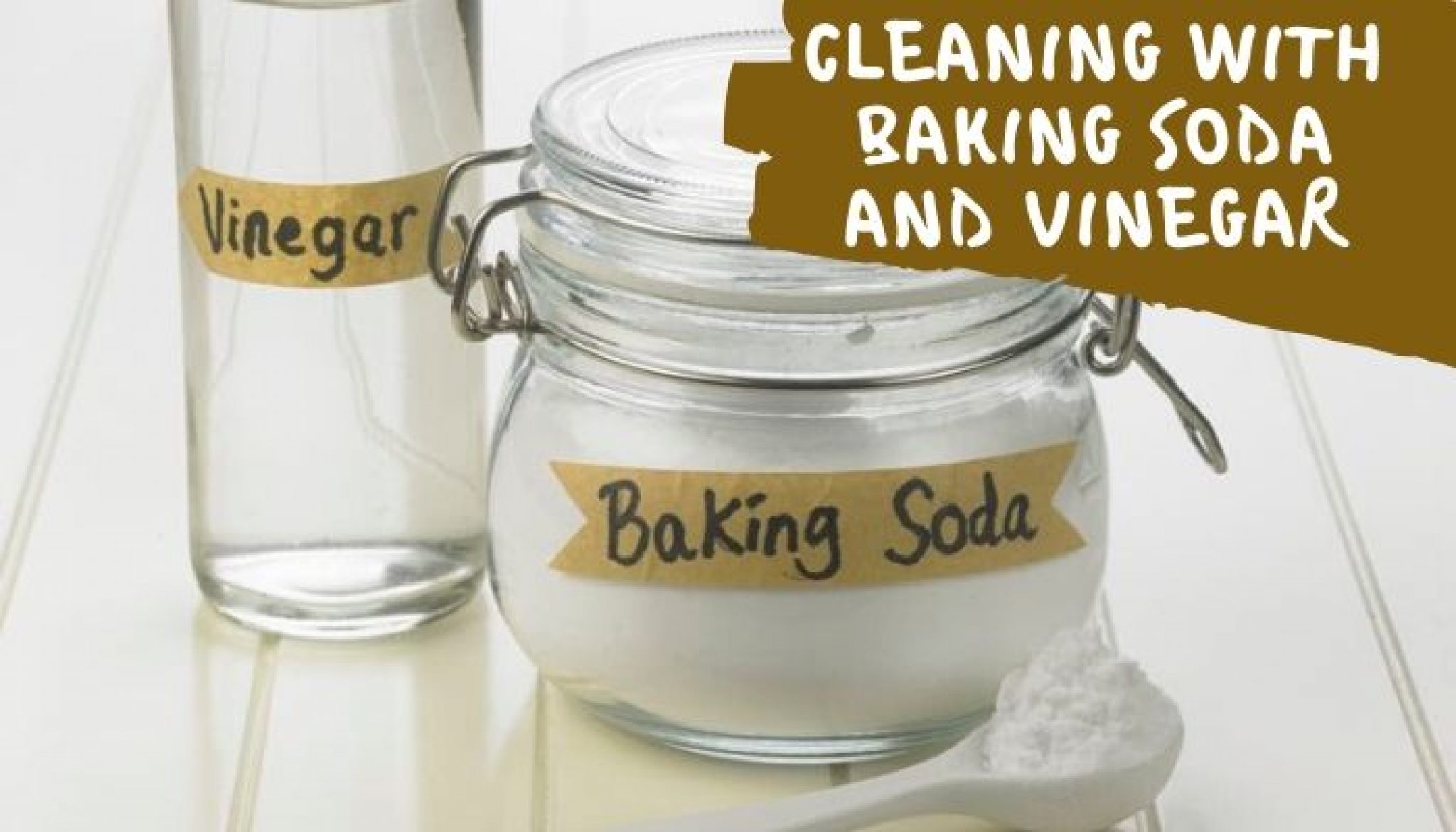

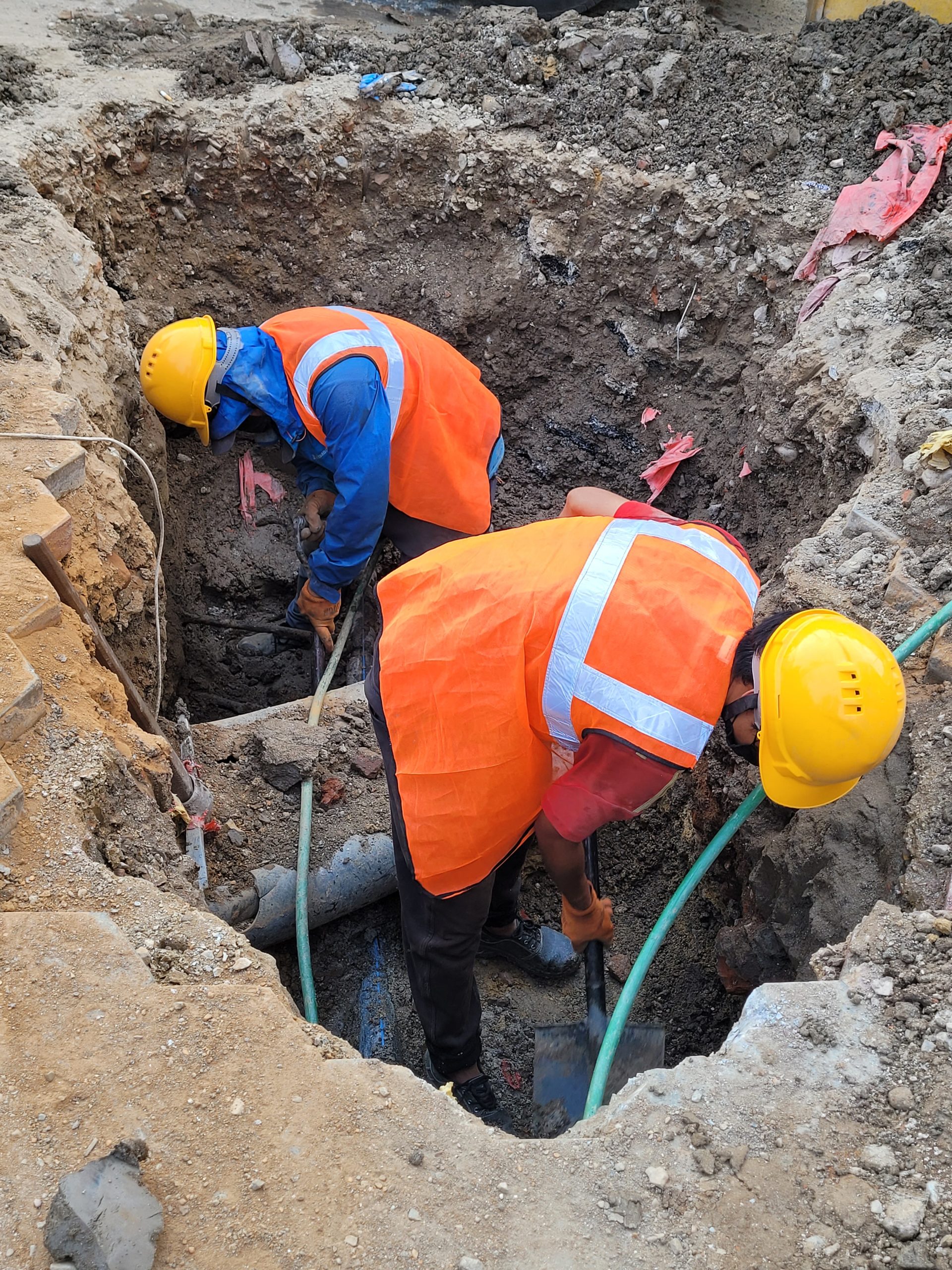

:max_bytes(150000):strip_icc()/BestDrainCleaningServices_edit-a4558e7bcba34b0781f69b27f6eb98fc.jpg)
